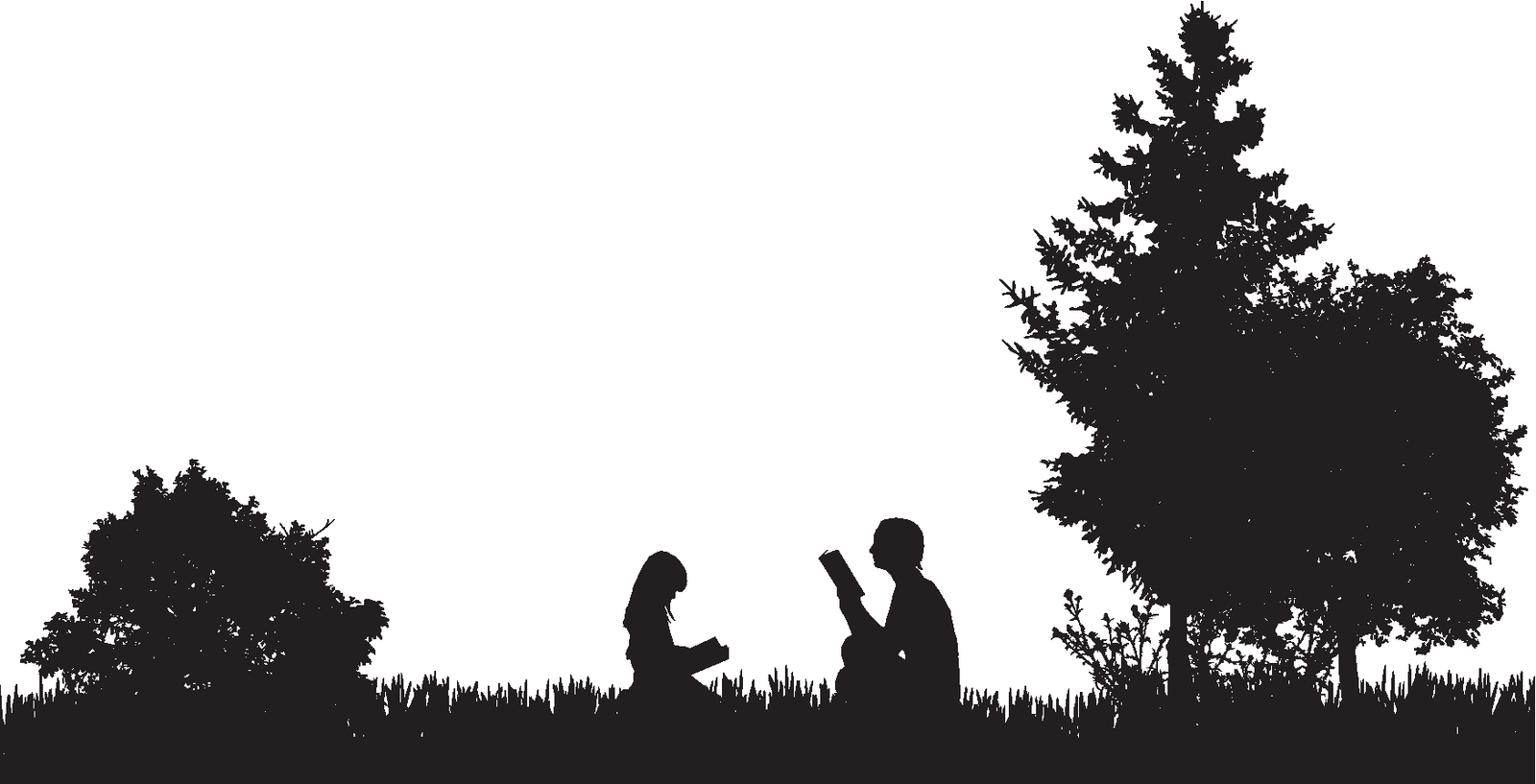
What is in a word? Or a phrase? Most of us are aware of the power of words, we have heard the phrase the pen is mightier than the sword,
Words matter. A rousing speech, a well timed compliment that has you smiling all day, an off the cuff insult that shakes your core, a regular trickle that undermines or buoys you in ways you can’t put your finger on. An ear worm, subtly influencing your purchase choices, a shouted slur that burrows into your brain, taunting at the worst possible moments. A sentence that shapes your world, a song lyric that comforts you when nothing makes sense. Words matter.
The pen is mightier than the sword. This phrase evokes the power and strength of language. We understand the use of propaganda, written and photographic documents that reinforce and popularise an ideology, in times of war or political upheaval. Yet we often dismiss the importance of language in our day to day lives and the way the words and phrases we use can shape the minds of those around us, especially our children.
A few Facebook friends prompted this post after they shared a romantic poem about the importance of working at marriage, lovely sentiments, but at the end it says clearly, ‘A marriage between a man and a woman.. ‘ I’m pretty sure that most of those people support same sex marriage, but here they are sharing heteronormative texts.
Of course, one cute message about marriage is not going to create an anti same-sex mind set, but it does reinforce the idea of ‘abnormality’ about the concept, and over time it contributes to the view that married people are man and woman.
I’m pretty sure that if I commented on this Facebook meme to this effect, I would be shouted down. I would be accused of missing the point, being over sensitive, not having a sense of humour or the ability to realise that it’s just ‘harmless fun’. I’d be reminded about the ‘real problems’ that I should be worrying about and sent packing.
Perhaps because I’m a writer, I have a sensitivity about words, but I don’t think it is an over sensitivity. Words shape the way we view our world and they wrap around our brains to help us make sense of the things we see.
We look for normality or acceptability and it is written in the books, papers, magazines, blogs, websites, status updates and tweets that bombard us daily. If over half of them “harmlessly” say that marriage is between a man and a woman, then we are creating or reinforcing a ‘norm’. What damage are we doing to children who can’t imagine of a day when they would marry someone of the opposite sex?
Worse still, if we share jokes about rape, domestic violence, bad women drivers, lazy men…we’re reinforcing those attitudes, we’re making light of rape and domestic violence, we’re telling girls that women can’t drive and boys that men don’t have to do their share of the household chores.
Research has shown that girls (not boys) internalise mathematical anxiety displayed by female teachers. There are similar links when a girls mother says that she (the mother) is not good at maths resulting in a noticeable decrease of mathematical performance for a whole term. Our words matter.
Another area to be mindful of language are children’s stories and nursery rhymes. Many of these tales and songs reinforce traditional, patriarchal gender roles and social stereotypes. For example ‘What are little boys made of?’ Reinforces the idea of boys as rough and tough, ‘boys will be boys’; whilst little girls are sweet and kind.
Or perhaps ‘Georgie Porgie‘ which normalises the objectification of women and introduces rape culture. Not to mention the fact that the girls in the rhyme can’t protect themselves and are only saved from Georgie when the other boys arrive. The potential story behind this rhyme are no nicer!
Far too often I’m half way through a story or song before realising the out dated messages it is peddling. I’m now careful to check stories before reading them to my daughter. It appears that just because they are in the child’s section of the library, does not automatically make them suitable reading material.
Yes, they may have pretty tunes or beautiful illustrations but the messages are dangerous. Sounds over dramatic? It does, but I don’t think it is.
The problem we face is that heteronormative and patriarchal stereotypes are all around us. Our world is subtly conditioning us through the use of traditional poems, songs, sayings, phrases and terminology. We have been where we have been, we can’t change that, but we can change how we move forward and we can be conscious of the influence that our words have on those around us and the wider world.
I don’t catch them all, I grew up in a very heterosexual world, in a very traditional a family. I am conditioned to think that this is the norm and therefore the way for things to be. I am working at recognising the damage that perpetuating that language can do. I am working on deepening an understanding of the power of words. I am learning how to subtly change things without throwing it all out.
As with all things it’s about balance. My daughter has to make her way in the world in which we exist. But I want us to be part of the solution and not blindly continue to perpetuate a culture that I think is damaging.
What we say can, and do, change the world, so we need to be mindful about those words, because we and our children need to live in this world.
